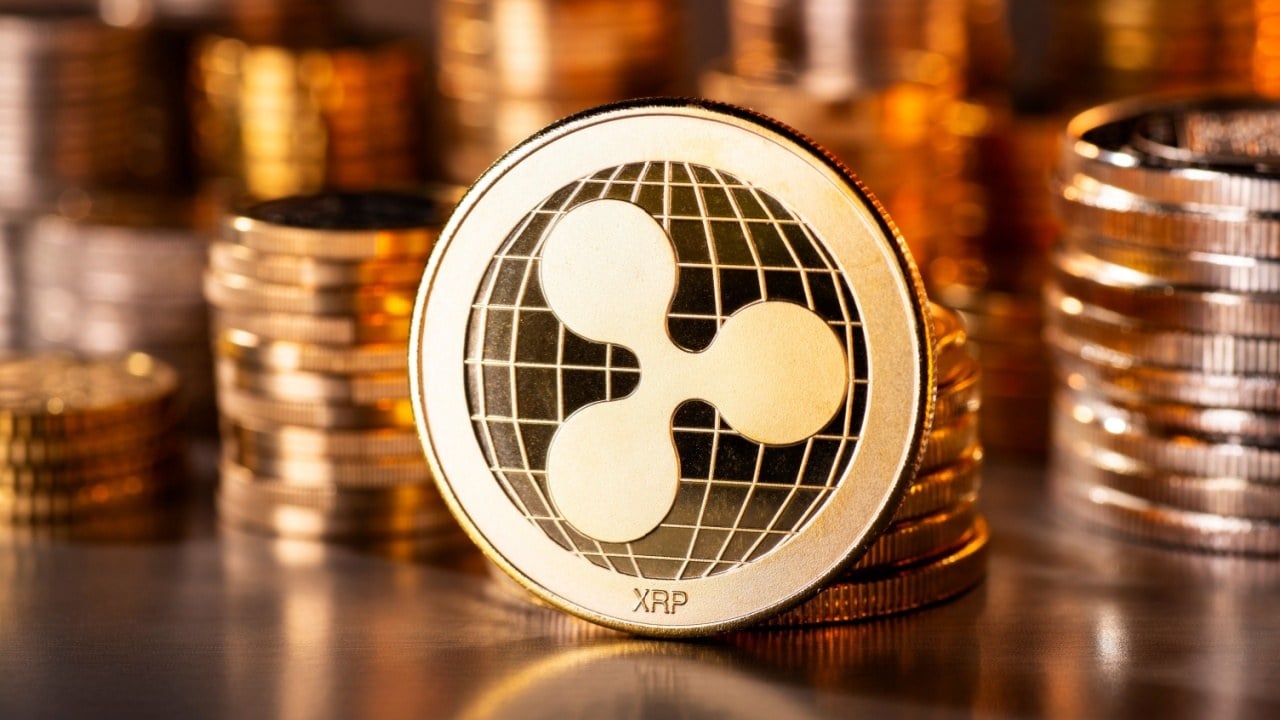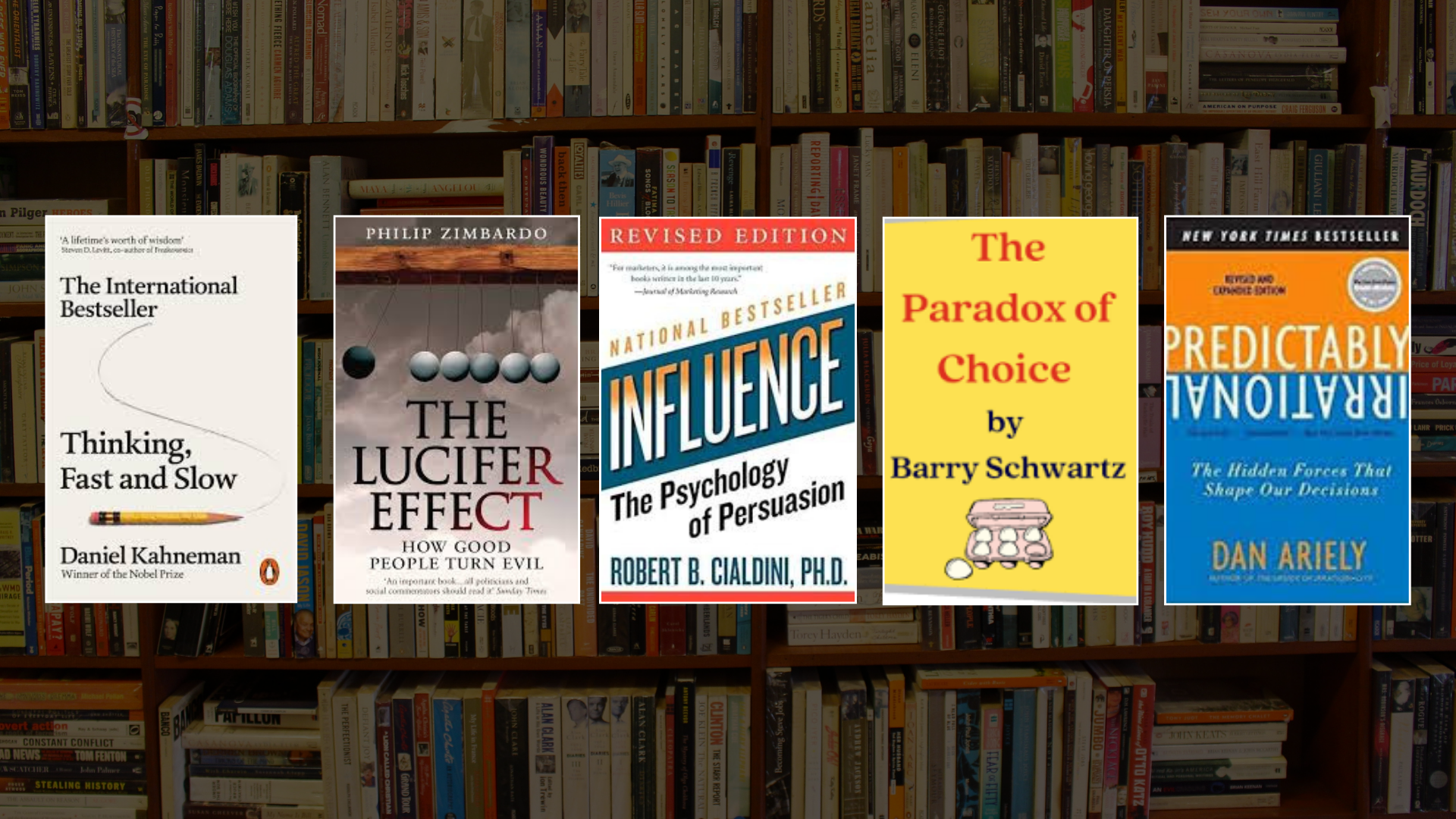Why we do what we do: 7 must-read psychology books
Discover 7 powerful psychology books that explore the hidden forces behind human motivation, decision-making, and what truly drives our actions.


Why do we do what we do?
That question—so simple, yet so deeply complex—has fascinated philosophers, scientists, and thinkers for centuries. Motivation isn’t just about setting goals or chasing success. It’s the invisible current under every decision we make, every habit we form, and every relationship we nurture or neglect. It shapes careers, fuels revolutions, builds empires, and sometimes destroys them.
Yet, most of us operate on autopilot, driven by instincts we don’t understand and chasing desires we can’t quite explain. Is it money, power, love, or purpose? Or something even deeper?
Psychology offers us a lens to explore this intricate maze of motives. Through groundbreaking studies, real-life case examples, and powerful insights, the best psychology books decode our inner workings—why we procrastinate, why we crave validation, why we strive, and sometimes, why we self-sabotage.
Let’s dive in.
7 books that unravel the science of motivation
1. Drive: The Surprising Truth About What Motivates Us by Daniel H. Pink
Pink flips traditional motivation theories on their head. He argues that autonomy, mastery, and purpose—not rewards or punishments—are the true drivers of performance and satisfaction.
Key takeaway: External rewards may work for short-term tasks, but long-term motivation is fueled by the need to direct our own lives and grow with purpose.
2. Thinking, Fast and Slow by Daniel Kahneman
This Nobel-winning psychologist shows how our thinking is divided into two systems—fast (emotional, instinctive) and slow (deliberate, logical). These systems shape our choices in ways we’re barely aware of.
Key takeaway: We are not as rational as we think. Our motivations are often steered by unconscious biases and mental shortcuts.
3. The Power of Habit by Charles Duhigg
Ever wonder why you reach for your phone first thing in the morning? Duhigg explores the science of habit formation—and how understanding it can unlock powerful personal change.
Key takeaway: Motivation is often embedded in loops of cue, routine, and reward. Change the loop, and you can change your behavior.
4. Grit: The Power of Passion and Perseverance by Angela Duckworth
Talent matters, but not as much as persistence. Duckworth’s research reveals that passion combined with long-term perseverance—what she calls "grit"—is a key motivator for success.
Key Takeaway: Motivation isn’t always flashy or immediate. Sometimes, it’s slow-burning and rooted in relentless consistency.
5. Atomic Habits by James Clear
Clear’s book is a practical guide to building habits that stick and breaking ones that don’t. It’s about tiny changes that lead to big outcomes—perfect for anyone struggling to stay motivated.
Key takeaway: Motivation follows action, not the other way around. Build identity-based habits and motivation will naturally align with who you want to become.
6. Man’s Search for Meaning by Viktor E. Frankl
Written by a Holocaust survivor and psychiatrist, this book is a moving testament to the human need for meaning. Even in the worst circumstances, Frankl found that having a "why" to live for could help people survive.
Key takeaway: When all else fails, meaning can be our deepest source of motivation. Purpose is more powerful than pleasure or success.
7. The Molecule of More by Daniel Z. Lieberman & Michael E. Long
This fascinating book delves into the role of dopamine, the brain chemical that drives our need to explore, achieve, and imagine. It’s all about why we want more—of everything.
Key takeaway: Dopamine doesn’t reward us with happiness—it pushes us to chase what’s next. Understanding this can help us manage ambition and desire.
Final thoughts
What drives you might not drive someone else. Some of us are fueled by goals, others by values. Some need autonomy, others seek connection. These books offer a wide lens—scientific, emotional, practical, and philosophical—to understand what gets people moving, what holds them back, and what helps them keep going.
In the end, understanding motivation isn’t just about personal growth—it’s about empathy. When we know what drives ourselves and others, we can build better relationships, lead with purpose, and live more intentionally.




























![[Webinar] AI Is Already Inside Your SaaS Stack — Learn How to Prevent the Next Silent Breach](https://blogger.googleusercontent.com/img/b/R29vZ2xl/AVvXsEiOWn65wd33dg2uO99NrtKbpYLfcepwOLidQDMls0HXKlA91k6HURluRA4WXgJRAZldEe1VReMQZyyYt1PgnoAn5JPpILsWlXIzmrBSs_TBoyPwO7hZrWouBg2-O3mdeoeSGY-l9_bsZB7vbpKjTSvG93zNytjxgTaMPqo9iq9Z5pGa05CJOs9uXpwHFT4/s1600/ai-cyber.jpg?#)














































































































































![[The AI Show Episode 144]: ChatGPT’s New Memory, Shopify CEO’s Leaked “AI First” Memo, Google Cloud Next Releases, o3 and o4-mini Coming Soon & Llama 4’s Rocky Launch](https://www.marketingaiinstitute.com/hubfs/ep%20144%20cover.png)















































































































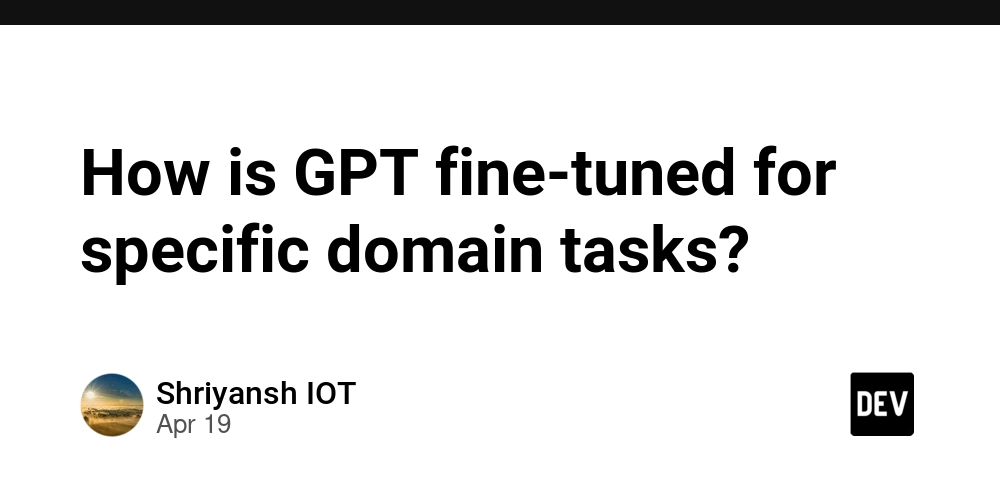
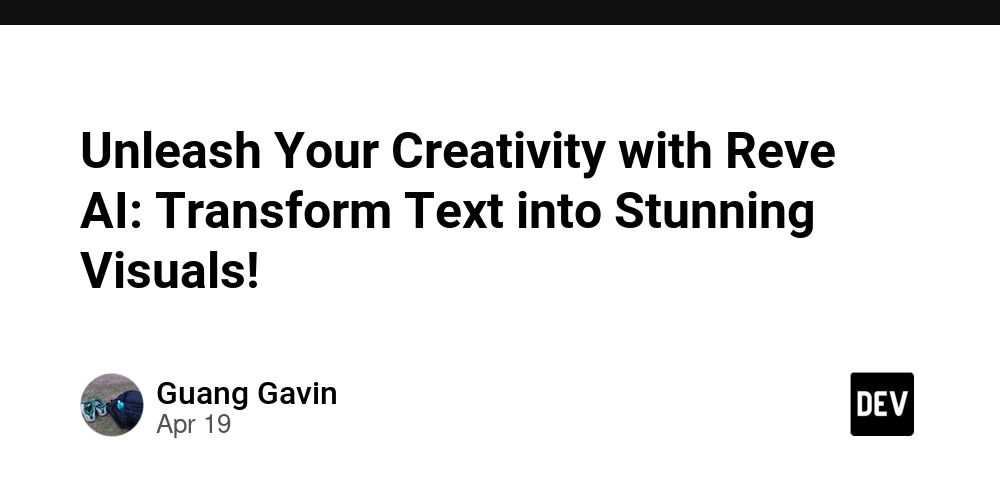

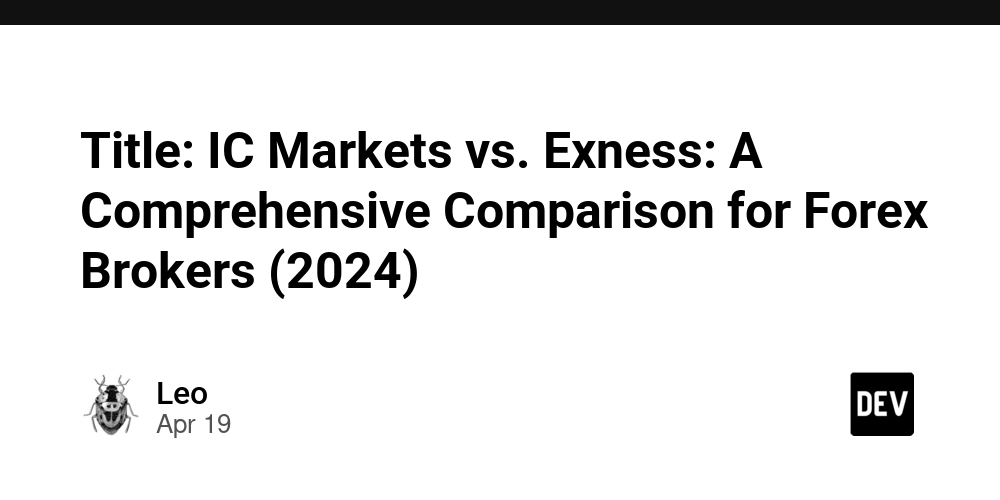

















































































![Rogue Company Elite tier list of best characters [April 2025]](https://media.pocketgamer.com/artwork/na-33136-1657102075/rogue-company-ios-android-tier-cover.jpg?#)








































































_Andreas_Prott_Alamy.jpg?width=1280&auto=webp&quality=80&disable=upscale#)


























































































![What’s new in Android’s April 2025 Google System Updates [U: 4/18]](https://i0.wp.com/9to5google.com/wp-content/uploads/sites/4/2025/01/google-play-services-3.jpg?resize=1200%2C628&quality=82&strip=all&ssl=1)










![Apple Watch Series 10 Back On Sale for $299! [Lowest Price Ever]](https://www.iclarified.com/images/news/96657/96657/96657-640.jpg)
![EU Postpones Apple App Store Fines Amid Tariff Negotiations [Report]](https://www.iclarified.com/images/news/97068/97068/97068-640.jpg)
![Apple Slips to Fifth in China's Smartphone Market with 9% Decline [Report]](https://www.iclarified.com/images/news/97065/97065/97065-640.jpg)




































































































